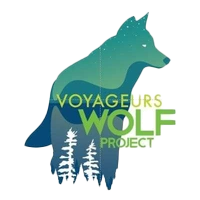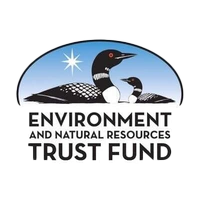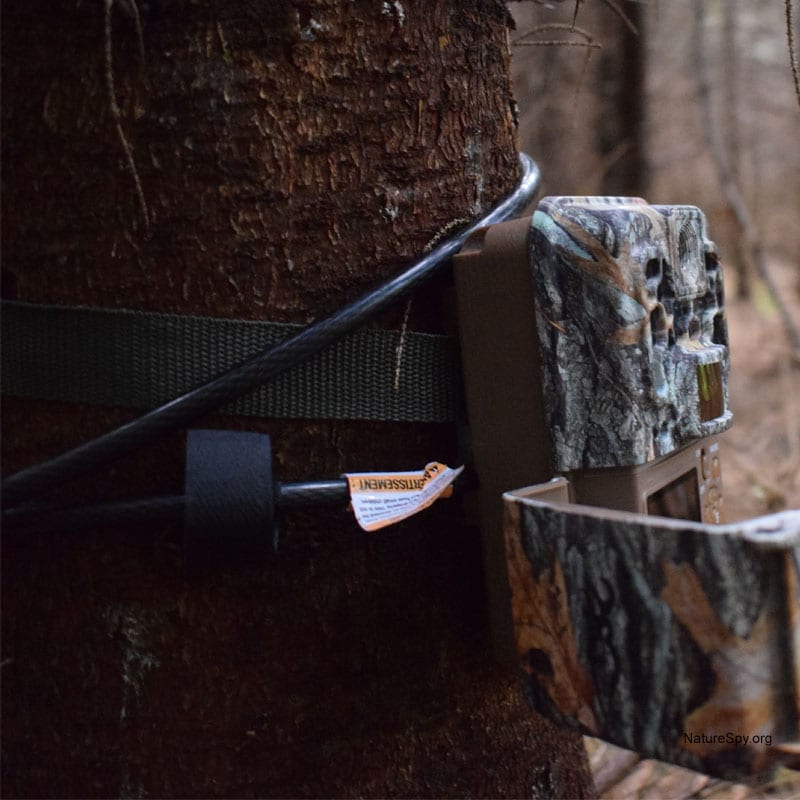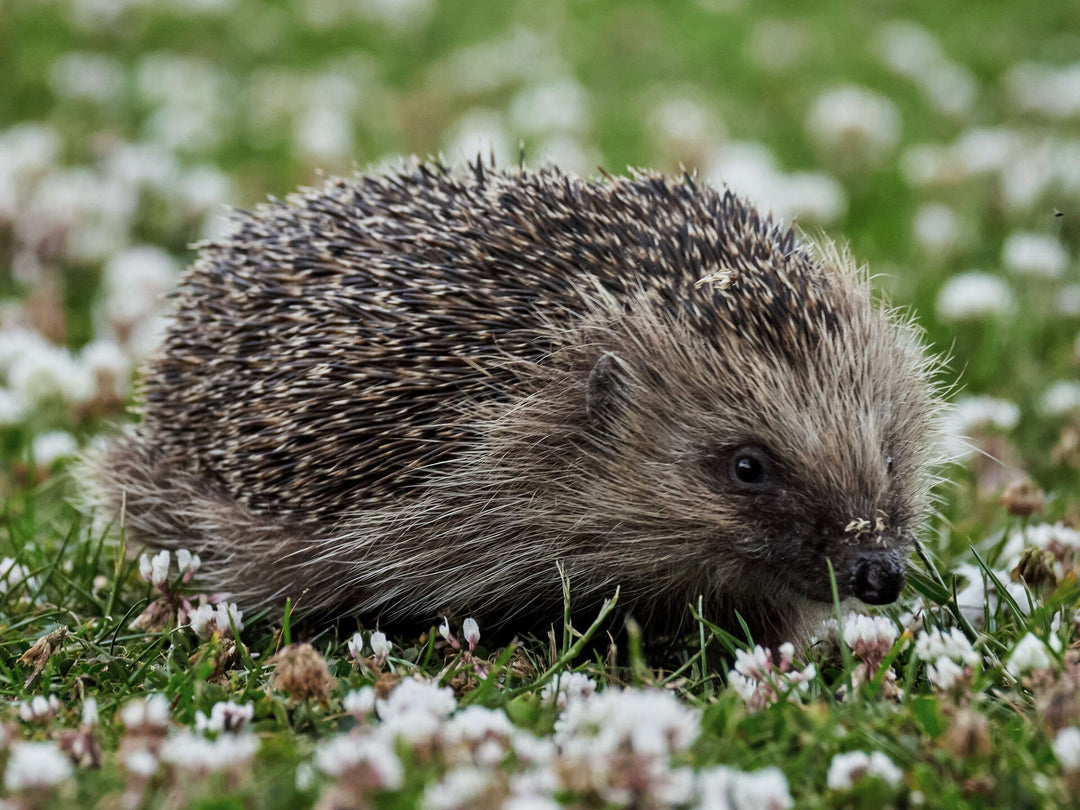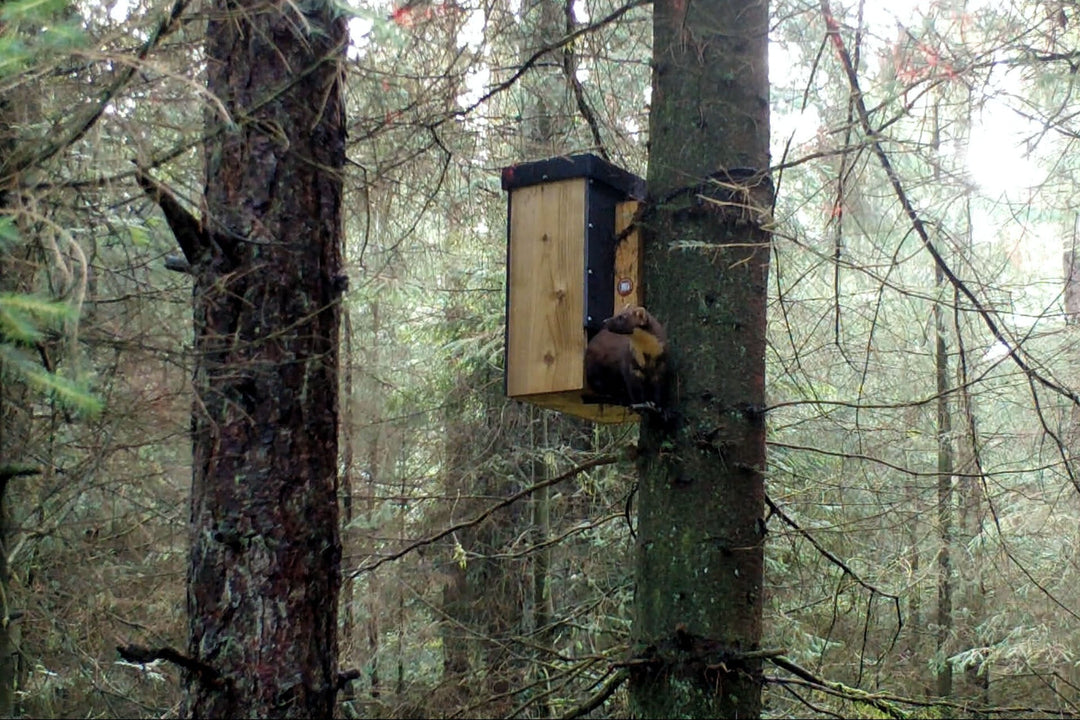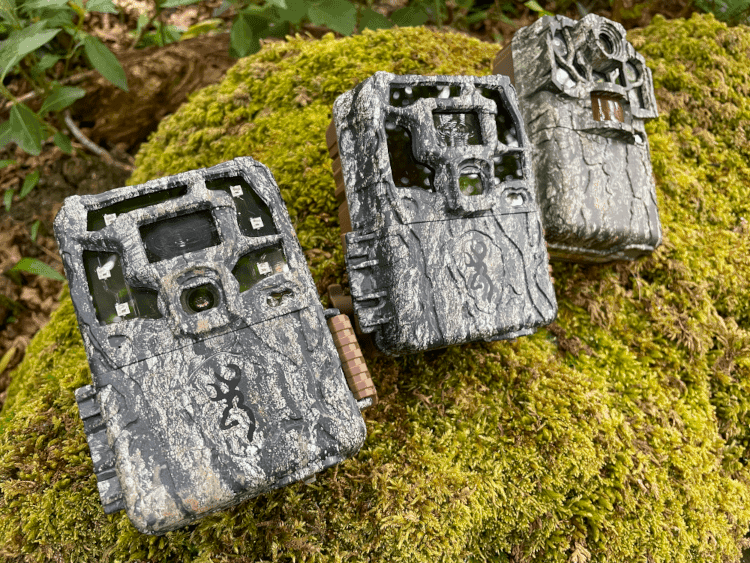What do wolves do during the summer? This has historically proven to be a challenging question to answer, so it is one of the most significant knowledge gaps in wolf ecology.
Who's involved
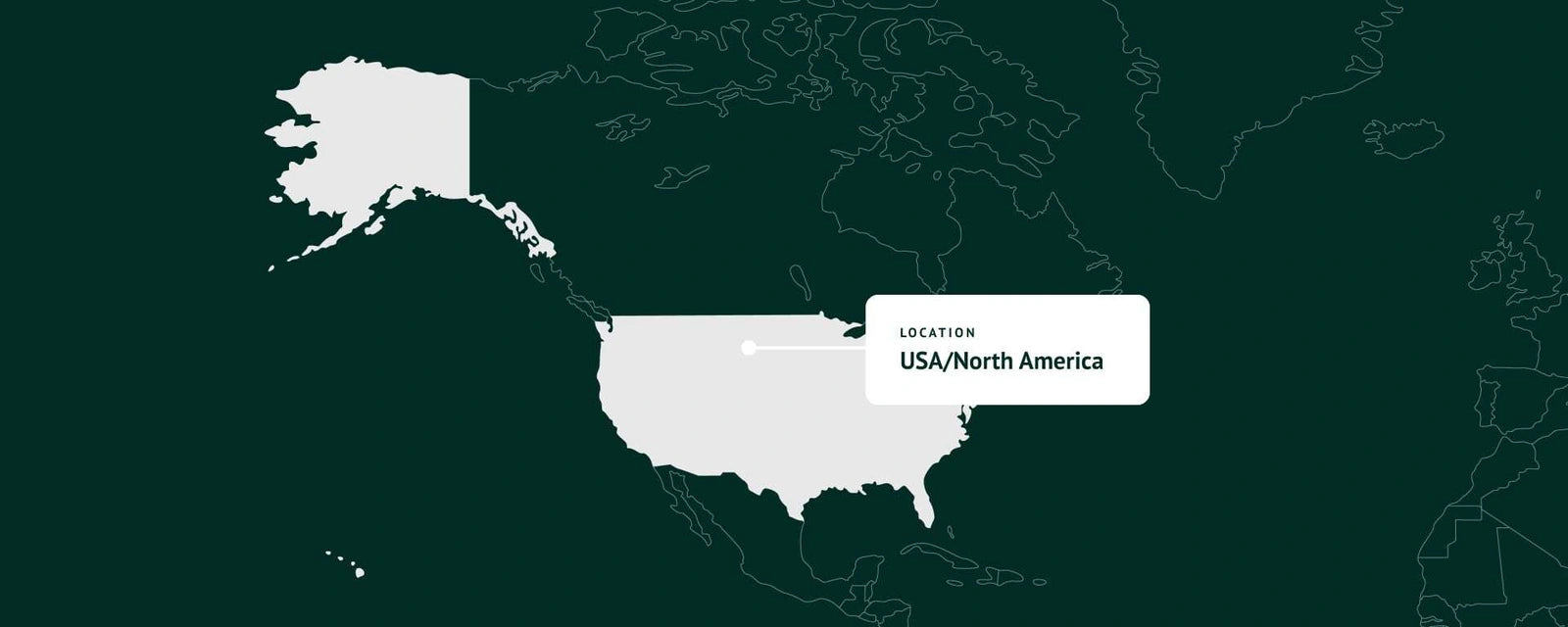
Revealing the Lives of Wolves
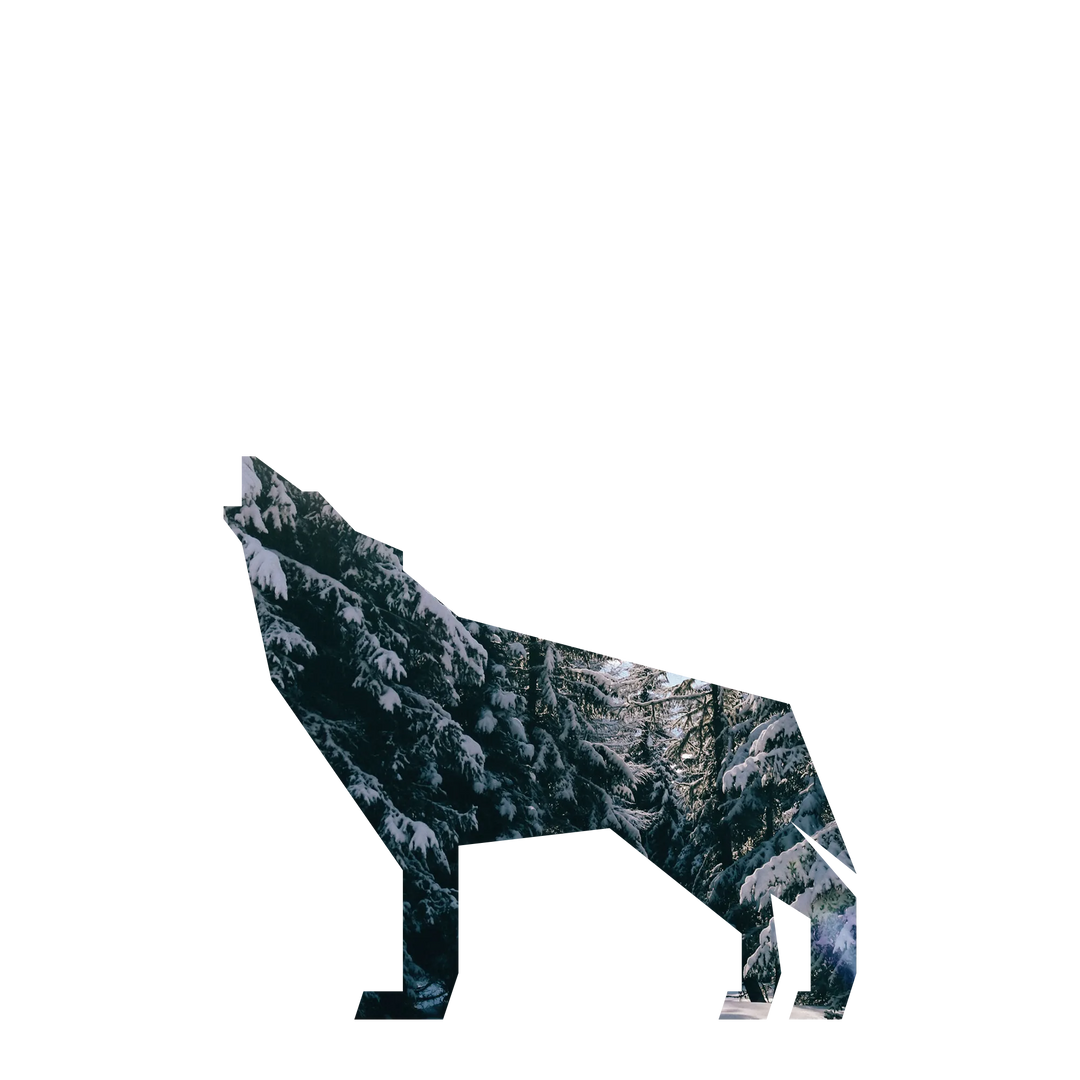
COMBINED MONITORING
VWP are using GPS collars combined with trail camera monitoring to reveal the lives of Minnesota's wolves during summertime. Each year, a number of wolves from different packs are fitted with GPS collars. The GPS signals show the team where wolves are killing prey, where they rendezvous and where they den. Strategically placed trail cameras then provide footage at these locations to provide visual evidence of predation behaviour, pack composition and pup survival, helping to create a detailed picture of the life of a wolf pack during summertime.
By gathering this in-depth data on wolf predation behaviour and reproductive ecology, VWP establish vital connections between various aspects of wolf behavior in the summer, encompassing ecological factors, prey populations, and interactions with humans.
